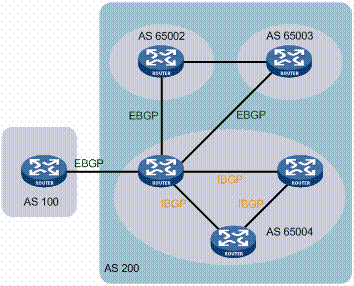As large language model (LLM) agents increasingly integrate into our infrastructure, their robust coordination and message synchronization become vital. The Byzantine Generals Problem (BGP) is a critical model for constructing resilient multi-agent systems (MAS) under adversarial attacks. It describes a scenario where malicious agents with unknown identities exist in the system-situations that, in our context, could result from LLM agents' hallucinations or external attacks. In BGP, the objective of the entire system is to reach a consensus on the action to be taken. Traditional BGP requires global consensus among all agents; however, in practical scenarios, global consensus is not always necessary and can even be inefficient. Therefore, there is a pressing need to explore a refined version of BGP that aligns with the local coordination patterns observed in MAS. We refer to this refined version as Imperfect BGP (IBGP) in our research, aiming to address this discrepancy. To tackle this issue, we propose a framework that leverages consensus protocols within general MAS settings, providing provable resilience against communication attacks and adaptability to changing environments, as validated by empirical results. Additionally, we present a case study in a sensor network environment to illustrate the practical application of our protocol.
翻译:暂无翻译




